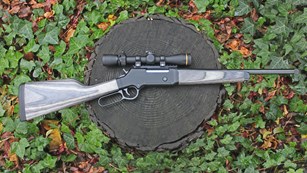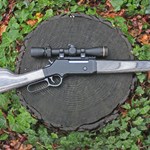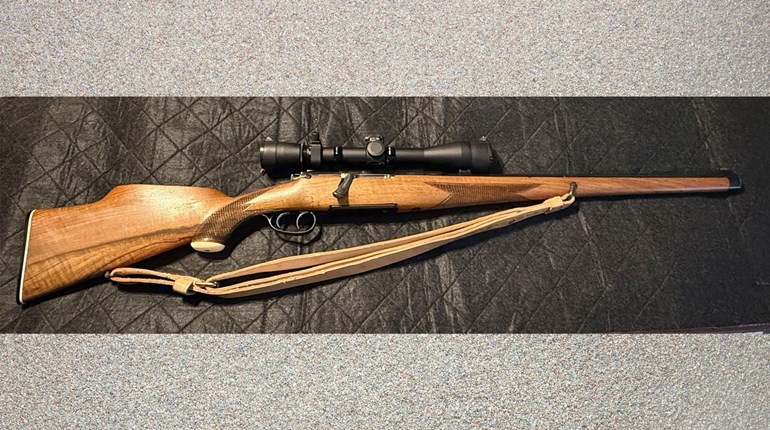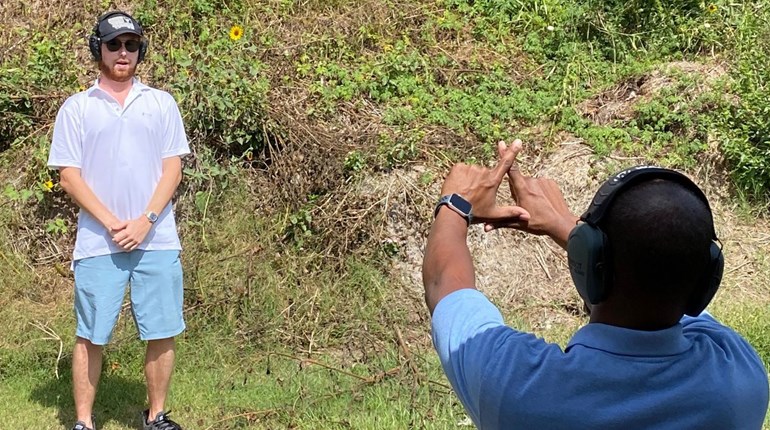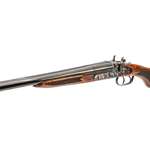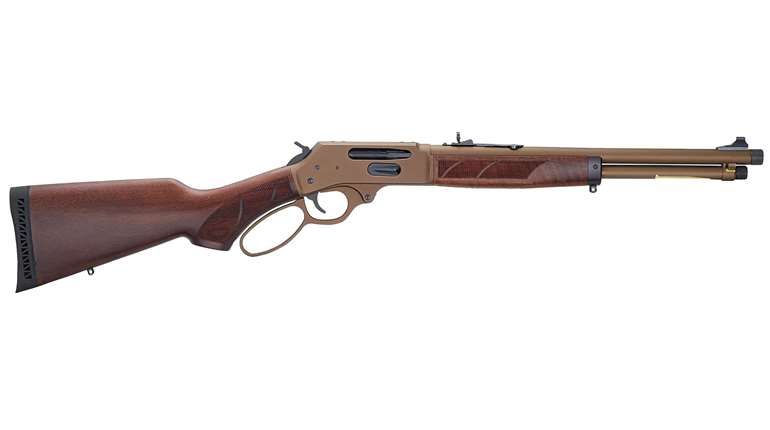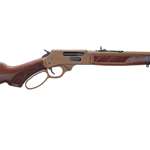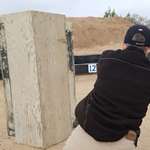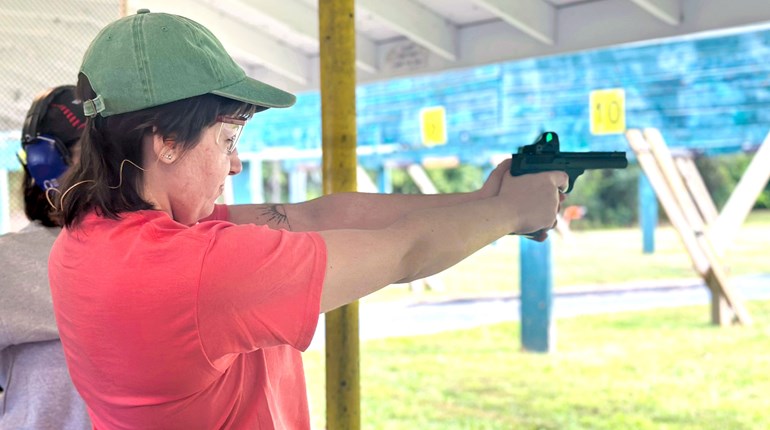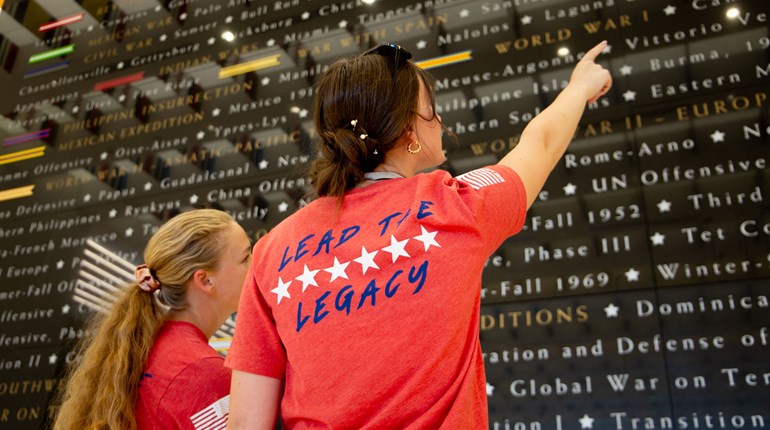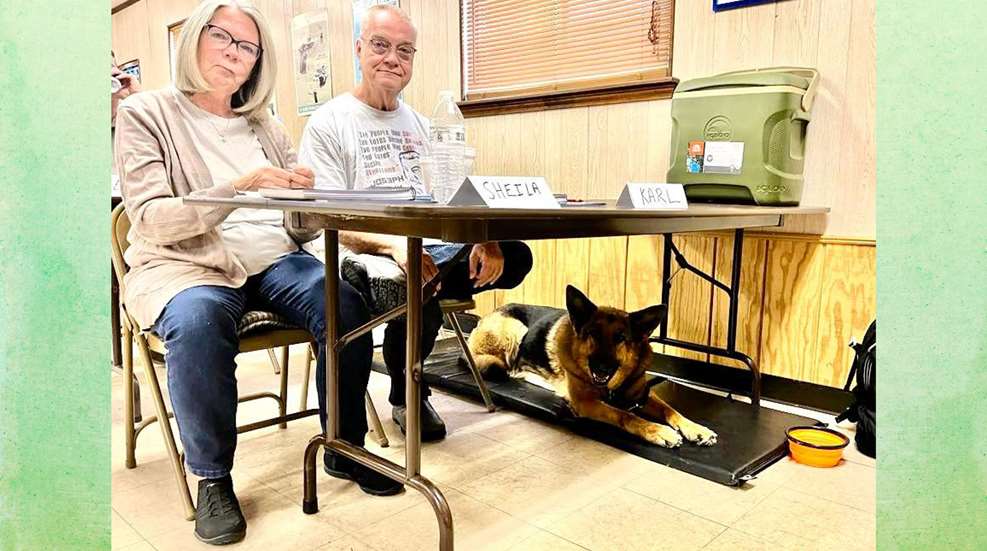
Firearms instructors meet some very interesting people. Everybody is unique and has their own needs. As instructors, we try to accommodate each student and try to create a warm and welcoming environment. Sometimes I get requests that stump me. Recently, I was asked if it was OK for a student to bring a “service” dog to class.
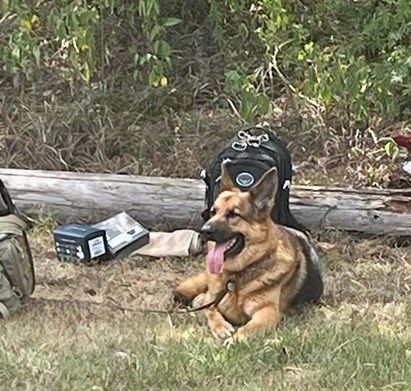
I was not sure. I knew there were laws permitting individuals with disabilities to enter businesses and restaurants with service animals. But I also knew it was my responsibility to conduct a safe class. I did not know what the law permitted or required of this situation. What I did know was that it was time to do some research!
In 2010, the Department of Justice revised the regulations regarding the Americans with Disabilities Act (ADA) and service animals. The changes affected Title II, state and local government services and Title III, public accommodations, and commercial facilities. The ADA defines what a service animal is and attempts to clarify the animal service provision. These changes affect anyone providing goods or services to the public. This includes anyone offering firearms training at the range or in a classroom setting.
Service Dogs
According to the ADA, only dogs are recognized as service animals under Title II and Title III. All service dogs, as defined, must be trained to work or perform a specific task for people with disabilities. Title II and Title III also allow an individual with a qualified service dog to take his or her animal anywhere the public is allowed to go. It is important to know that a service dog does not have to be professionally trained, and people with disabilities can train their own animal.
According to the ADA, “A service animal must be under the control of its handler. Under the ADA, service animals must be harnessed, leashed, or tethered, unless the individual’s disability prevents using these devices or these devices interfere with the service animal’s safe, effective performance of tasks.” If the person’s disability does not allow them to hold or manipulate a leash, then the dog must be controlled by voice commands, signals or other effective means. Service animals must be housebroken and be in control. This means the dog should not be barking, begging for food, or running loose.
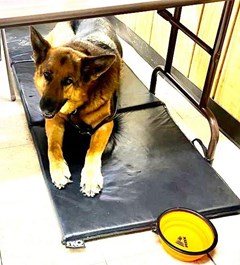
There are certain circumstances where handlers of service animals can be told to remove them from a facility or place of business. Some reasons for such action include a dog that urinates or defecates indoors or in outdoors areas used by patrons or customers, or if an owner cannot maintain control of his animal. The ADA also allows a business or government facility to prohibit a service animal if the dog’s presence would fundamentally alter the nature of the goods, services, programs, or activities provided to the public—an operating room where a sterile environment is required, for example.
If an individual with a service dog is asked to leave the facility or business because it engages in a prohibited activity, the owner or staff must offer the individual the option of receiving the goods or services without the dog present.
Comfort and Support Animals
Comfort or emotional support animals are not considered service animals under the ADA. Unfortunately, there is no way to determine if a dog is a true service dog or just an emotional or support dog. The owner of a business or an employee can only ask two questions: 1) Is the dog a service animal required because of a disability? and 2) What work or task has the dog been trained to perform? The owner or employee cannot inquire about the nature of a person’s disability. They also cannot 1) ask for medical documentation, 2) ask for the service animal’s training documentation or 3) ask that the dog perform the work or task.
Service Miniature Horses
Even though the ADA defines a service animal as a dog, it has provisions for miniature horses for individuals with disabilities. A miniature horse, like a service dog, must be trained to work or perform a task for a person with disabilities. Miniature horses are generally between 24 inches and 34 inches in height and between 70 and 100 pounds. Businesses must allow miniature horses where reasonable. These animals also must be housebroken and be under the control of people with disabilities.
A business owner can prohibit a miniature horse, acting as a service animal, under certain circumstances. If the animal is not housebroken or the owner cannot control the animal, the owner or employee can ask them to remove the animal. The owner can also refuse to allow a service miniature horse if the facility cannot accommodate the animal’s size, weight or height. The last way a miniature horse can be denied access to a business is if its presence compromises legitimate safety requirements necessary for the safe operation of the facility or operations. As far as firearms trainers are concerned, this includes the presence of livestock or animals on the gun range.
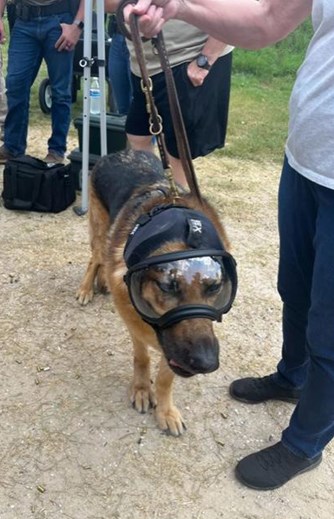
The laws concerning the prohibition of service animals can be open to interpretation. An NRA Firearms Trainer should approach this situation carefully. The way the statute reads, the service animal would be allowed in your classroom setting. A service dog at the range where live fire is taking place is another story.
As a firearms trainer, safety is your No. 1 concern and responsibility. If you feel you can safely conduct the live fire component of your class with a service dog present, then you can allow it. If you believe that the service animal might be a distraction or tripping hazard to you or other students, then you can consider not permitting it to be present. You should also consider the risk of damage to the dog’s eyes and ears during live fire. Remember, you are responsible for the safety of yourself and everyone else when on the range.










